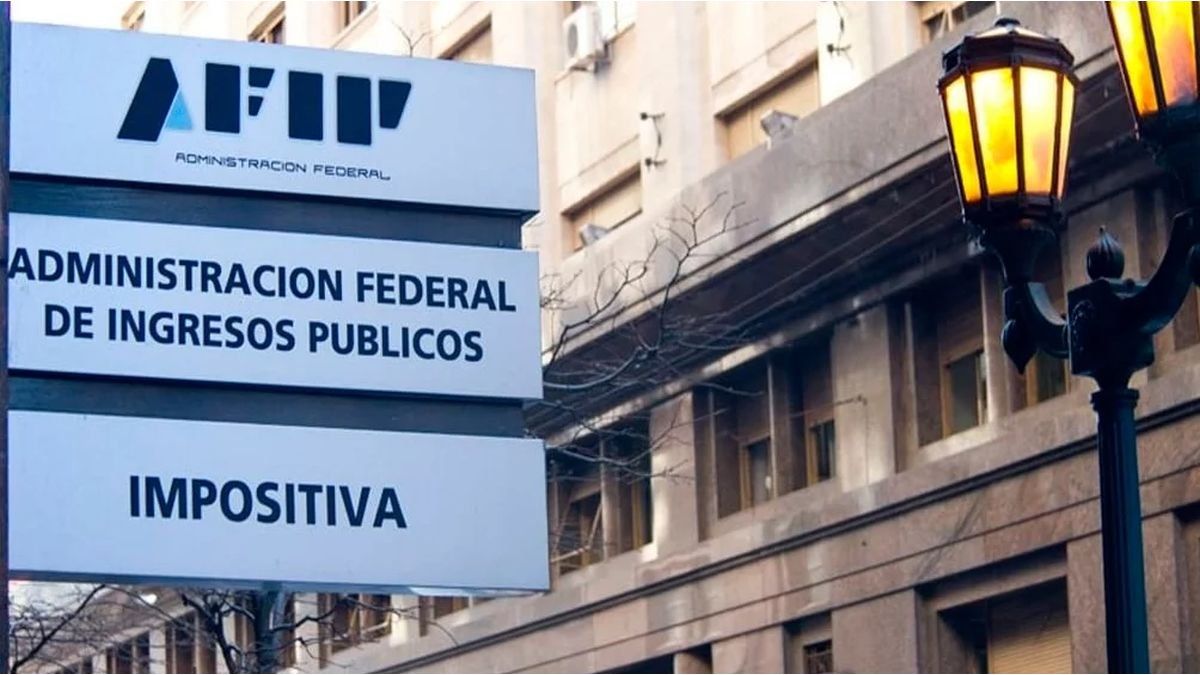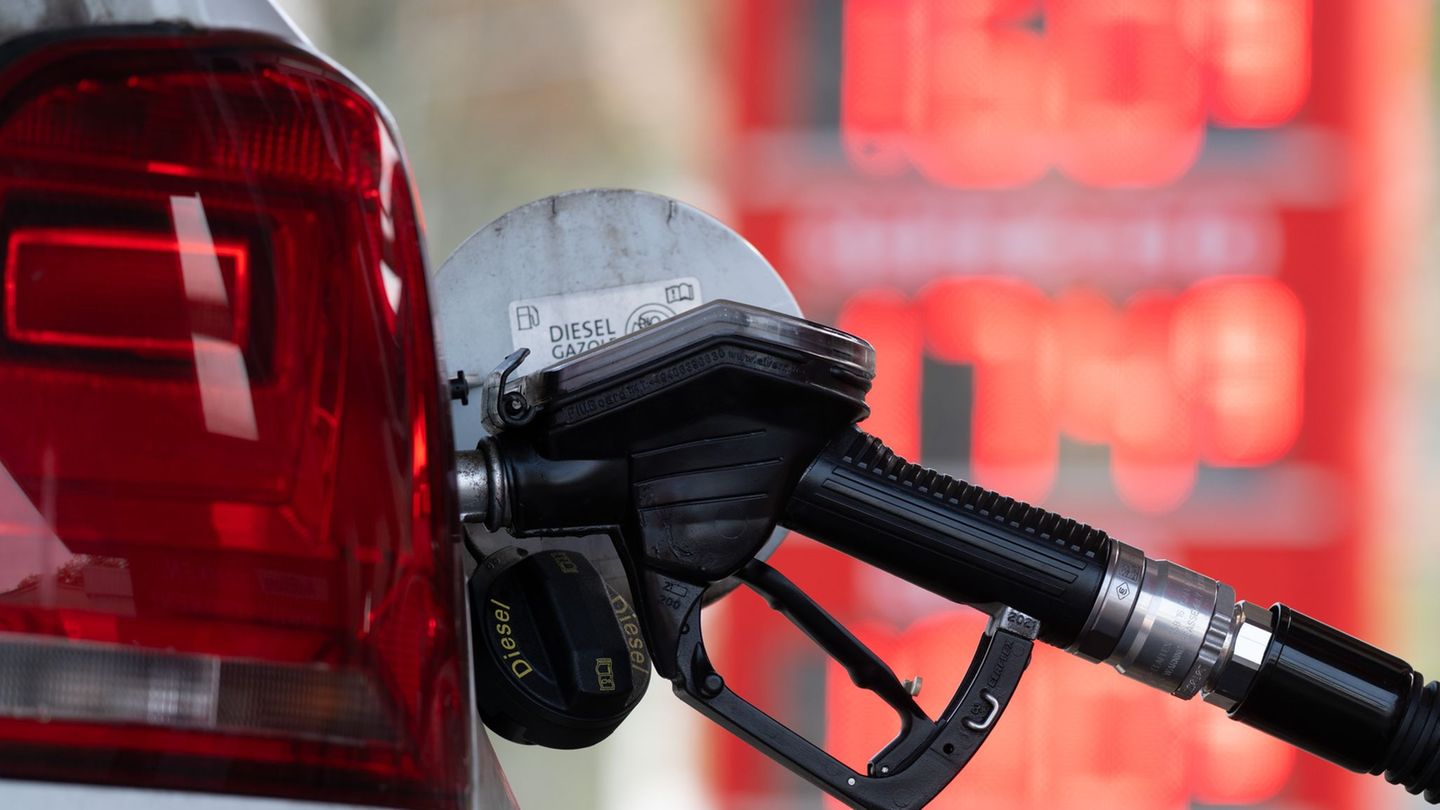In this context, if the head of the Palacio de Hacienda had to tighten the tourniquet more on public accounts, he has the option of further cutting spending, increasing tax revenue, or a combination. If it is about collecting more, the gaze falls on sectors that for some reason do not pay their taxes in the same way as the rest of the community. The best known case is that of the judges and the Income Tax, but there are more beneficiaries, in some cases, by promotion regimes.
According to a study by the Argentine Institute of Fiscal Analysis (IARAF), if the Government decided to eliminate all tax expendituresas is its technical name, revenue could increase by 20% without the need to touch the aliquots or create new taxes.
In the case of Earnings, the magistrates of the Judiciary stop contributing for the equivalent of 0.16 points; associations and foundations, 0.07; and the special deduction for workers in Patagonia, 0.04 points. The current promotion regimes contribute another 0.24% of GDP.
VAT, which is the most widespread consumption tax, has an expense equivalent to 1.36% of the Product. Reduced rates of primary products, generate a lower collection of 0.3 percentage points; the exemption to medical benefits, 0.21; the reduced rate for housing construction, 0.19; and the exemption of educational services, 0.11 points. With values between 0.05 and 0.1 percentage points of GDP, there is the exemption for medicines for human use, books, newspapers and magazines, and the reduced rate for prepaid medicine and bakery products.
On the other hand, there are interest exemptions for loans from official banks and for housing and the sale of fluid milk. The reduced rate of meat, fruit and vegetables, which represented 0.36 percentage points of GDP in 2021, will be 0.3 points in 2023. Promotion schemes contribute 0.18 points.
Then, with a lower weight, there are exemptions to foreign trade, with 0.01 points; Personal Property, 0.02; Contributions to Social Security, 0.10; Internal, 0.07 and other types of taxes, 0.02 points.
Meanwhile, the taxes collected on the transfer of fuels generate a significant tax expense of 0.29 points of GDP, due to the difference in rates between gasoline and diesel and of the exemption that the south of the country has.
According to some economists, if the current rate of expenditures and revenues were maintained, the fiscal deficit would stand at almost 3% of GDP this year, while the agreement sets a target of 1.9% of GDP. In 2022, the imbalance was 2.4%, so an adjustment of half a point was expected for this year, although this does not take into account that last year 0.3 points of property income were used that are not now they can count. If the IMF agrees to maintain the same deficit as in 2022, taking into account the current deviation from the goals and that property income is not used this year, the adjustment that should be made is at least 1 point of GDP. It cannot be ruled out that it seeks to eliminate some of these benefits.
Source: Ambito




